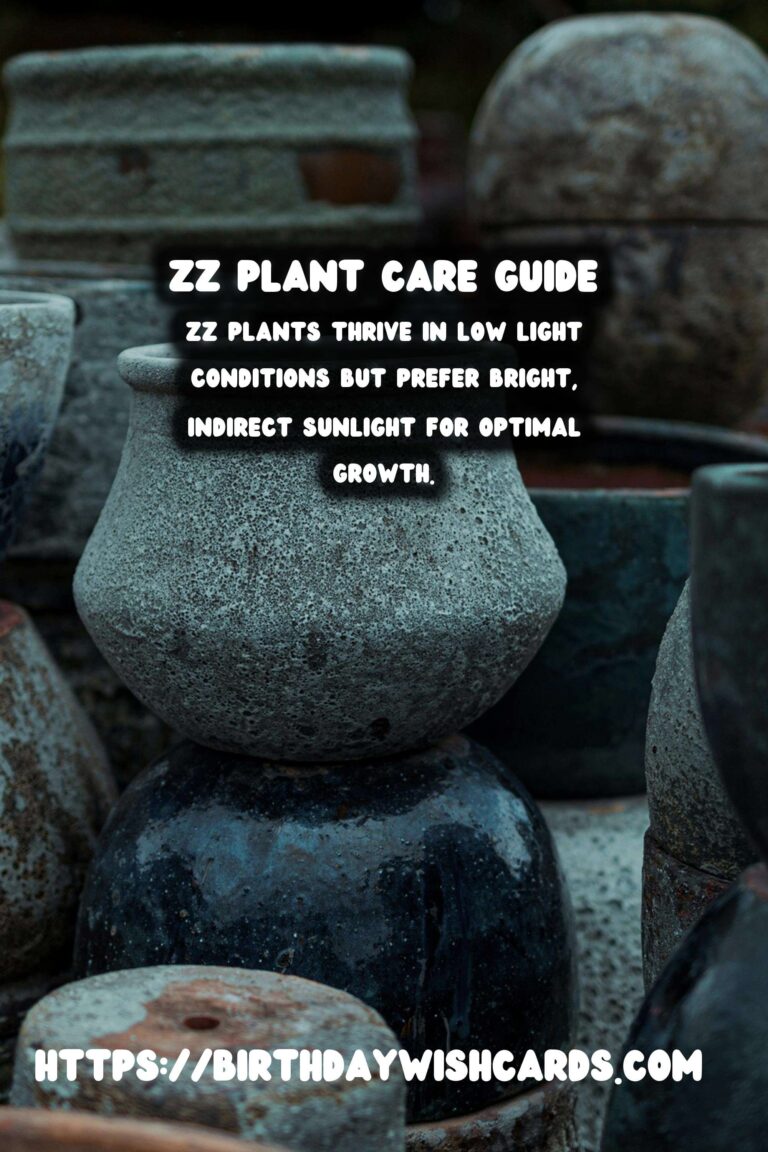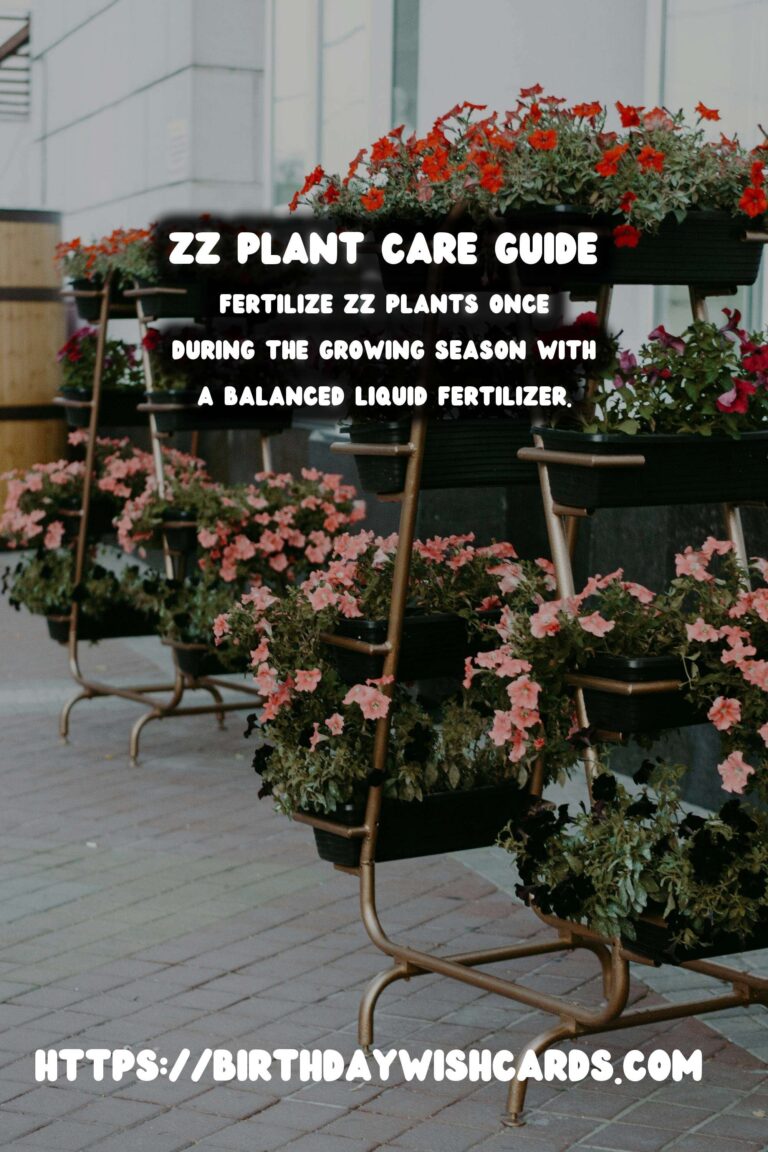
The ZZ plant, also known as Zamioculcas zamiifolia, is a popular houseplant that is loved for its low maintenance and high tolerance to a variety of conditions. With its glossy leaves and upright growth, it’s a perfect addition to any indoor space, adding a touch of greenery and elegance. In this comprehensive care guide, we will explore all the essential tips and tricks to ensure your ZZ plant thrives.
Understanding the ZZ Plant
The ZZ plant is native to Eastern Africa, where it grows in dry, rocky terrain. It has adapted to survive in low light and with minimal water, making it an ideal plant for busy individuals or those new to plant care. The plant’s rhizomes, which are underground storage organs, allow it to store water and nutrients, helping it endure periods of neglect.
Light Requirements
ZZ plants are incredibly versatile when it comes to lighting. They can thrive in low light conditions, making them perfect for offices or rooms with limited natural light. However, for optimal growth, it’s best to place them in bright, indirect sunlight. Avoid direct sunlight, as it can scorch the leaves.
Watering Needs
One of the main reasons ZZ plants are so easy to care for is their low water requirements. Allow the soil to dry out completely between waterings. Overwatering is a common mistake that can lead to root rot. In general, water your ZZ plant once every two to three weeks, adjusting as necessary based on the humidity and temperature of your home.
Soil and Potting
ZZ plants prefer well-draining soil. A good potting mix for ZZ plants can be made by combining regular potting soil with sand or perlite to improve drainage. Ensure the pot has drainage holes to prevent water from accumulating at the bottom, which can cause root rot.
Temperature and Humidity
ZZ plants thrive in average household temperatures ranging from 60°F to 75°F (15°C to 24°C). They are not frost-tolerant, so avoid placing them near drafty windows or in cold areas during winter. While they do well in low humidity, they also appreciate occasional misting, especially in dry environments.
Fertilization
ZZ plants do not require frequent fertilization. Feed them with a balanced liquid fertilizer diluted to half strength once during the growing season in spring and summer. Avoid fertilizing in fall and winter when the plant’s growth naturally slows down.
Pruning and Propagation
Pruning is not often necessary for ZZ plants, but you can remove any yellowing or damaged leaves to maintain their appearance. Propagation is relatively easy and can be done by division or leaf cuttings. To propagate by division, carefully separate the rhizomes and plant them in separate pots. Leaf cuttings can be placed in soil or water until they develop roots.
Common Pests and Problems
ZZ plants are generally pest-resistant, but they can occasionally suffer from common houseplant pests like spider mites or aphids. If you notice any pests, remove them with a gentle stream of water or treat the plant with insecticidal soap. Overwatering is the most common problem, leading to yellowing leaves and root rot.
Conclusion
The ZZ plant is an ideal choice for anyone looking to add a touch of greenery to their home without the hassle of high-maintenance care. By following these simple guidelines, you can ensure your ZZ plant remains healthy and vibrant for many years to come. Whether you’re a seasoned plant enthusiast or a beginner, the ZZ plant is sure to bring joy and beauty to your space.
The ZZ plant is a popular houseplant known for its low maintenance and high tolerance to a variety of conditions. ZZ plants thrive in low light conditions but prefer bright, indirect sunlight for optimal growth. Allow the soil to dry out completely between waterings to prevent root rot. ZZ plants prefer well-draining soil and average household temperatures. Fertilize ZZ plants once during the growing season with a balanced liquid fertilizer. ZZ plants are generally pest-resistant but may occasionally suffer from common houseplant pests.
#ZZPlant #Houseplants #PlantCare #IndoorPlants #Gardening

